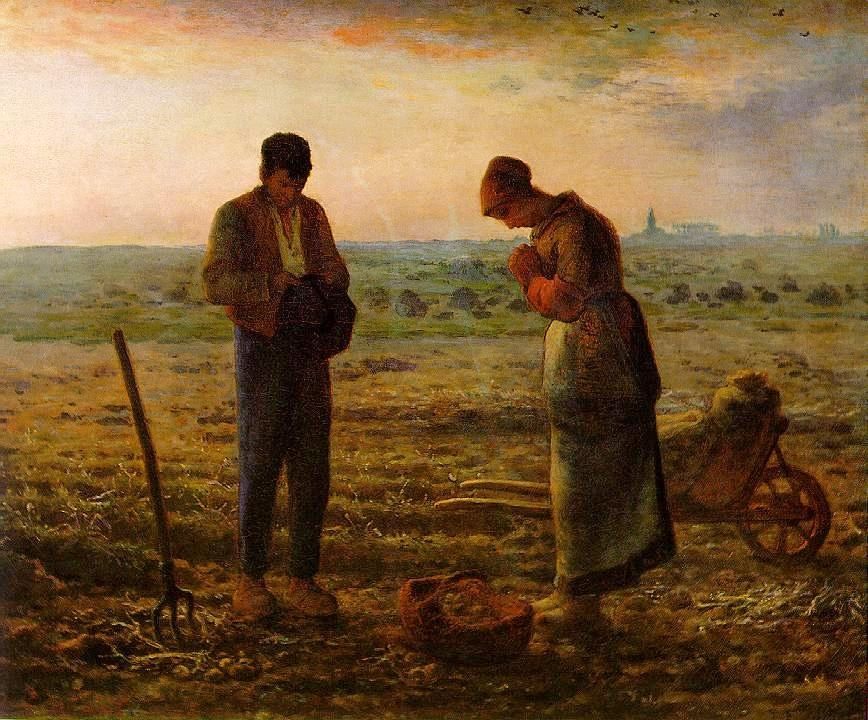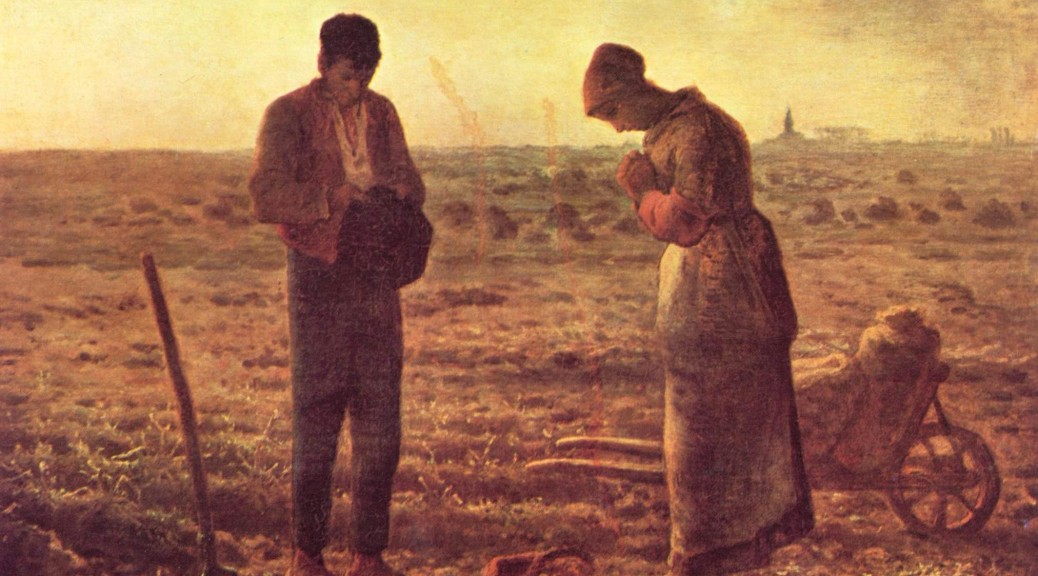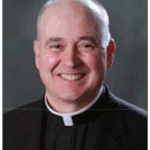Pope Francis chose to begin his Extraordinary Jubilee Year of Mercy on the 50th Anniversary of the closing of the Second Vatican Council (December 8th, 1965). In doing so he clearly wished to link the course of his Papacy to the legacy of that ecumenical Council. Pope Francis, it may be noted, is the first Pope who was ordained to the priesthood after Vatican II. His own personal chronology crosses the divide of the before-and-after, the pre-conciliar and the post-conciliar Church.
Broadly speaking, two “schools of thought” have emerged from within the Church over the past half-century on the meaning of that Council. One school argues for the “hermeneutic (i.e., the interpretation) of continuity” with regard to the Council. However much Catholicism seems to have changed, it continues on as before, Vatican II having been a catalyst for legitimate reforms. The turmoil in the Church is blamed on abuses of the conciliar reforms, and on the influence of secularism which undermines all religious belief.
Pope-emeritus Benedict XVI, who was one of the theological advisers present at the Second Vatican Council, was a proponent of the “hermeneutic of continuity”. We may see in his 2007 Motu Propio “Summorum Pontificum” an example of this. He granted liberty to the celebration of the traditional Latin Mass in the Church—the “Extraordinary Form”—while still maintaining the liturgical reforms of Pope Paul VI as the “Ordinary Form” of the Roman Rite.
The other school of thought, the so-called “Bologna School”, has the opposite view of the legacy of the Second Vatican Council. They see not continuity in the Roman Catholic Church, but rupture—and they think of that as a good thing. A very good thing. The three year event of that 1960s Council freed the Church, as they see it, from the hide-bound attachment to Tradition which had been “stifling the Spirit” for so long and turning the Catholic Church into a Fortress instead of allowing it to move out into the world, the better to engage it. For the advocates of the “Bologna School”, Pope Francis is their man.

One of the chief themes of the Second Vatican Council, perhaps the chief theme, however, was the “universal call to holiness”. This was explicitly addressed in the Dogmatic Constitution on the Church, Lumen Gentium, approved by the Council Fathers in 1964:
“The Church, whose mystery is set forth by this sacred Council, is held, as a matter of faith, to be unfailingly holy. This is because Christ, the Son of God, who with the Father and the Spirit is hailed as ‘alone holy,’ loved the Church as His Bride, giving Himself up for her so as to sanctify her (cf. Eph. 5:25-26); He joined her to Himself as His body and endowed her with the gift of the Holy Spirit for the glory of God. Therefore all in the Church, whether they belong to the hierarchy or are cared for by it, are called to holiness, according to the Apostle’s saying: ‘For this is the will of God, your sanctification’ (I Thess. 4:3; cf Ep. 1:4) (LG 39)”
“It is therefore quite clear that all Christians in any state or walk of life are called to the fullness of Christian life and to the perfection of love, and by this holiness a more human manner of life is fostered also in earthly society. (LG 40)”
This therefore is the primary and necessary vocation for every Christian person: the “universal call to holiness”, which is another way of saying the fulfillment of our baptismal vows. All other vocations and courses in life must follow from it and draw refreshment for it as water from a deep and inexhaustible well.
Pastor’s Note from the Mary Immaculate of Lourdes Parish Bulletin for January 3, 2016

